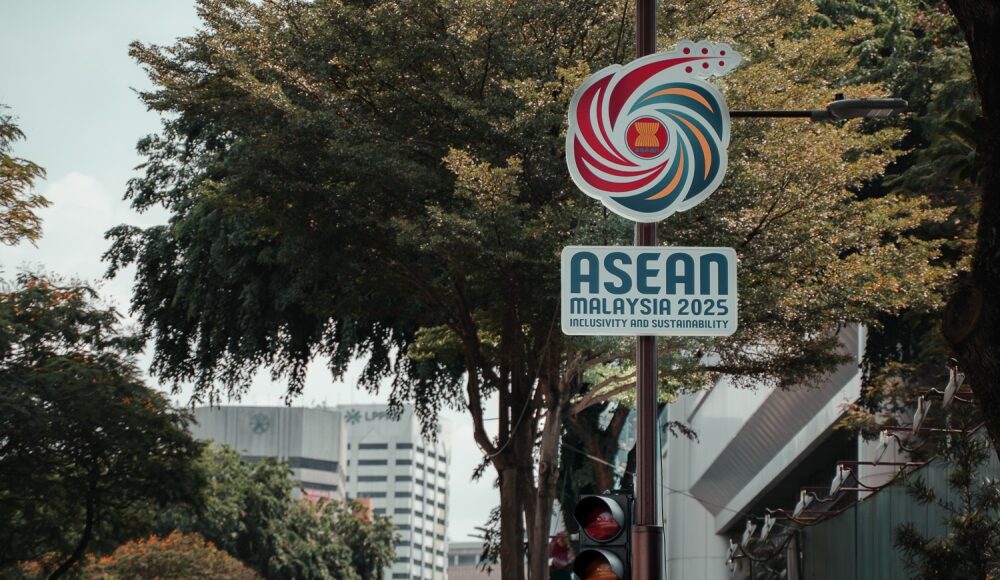MAY 24 — Hosting the Asean Summit establishes Malaysia as a diplomatic leader in the region and a temporary centre for heightened economic activity.
The immediate economic effects are multifaceted, influencing areas such as tourism, logistics, trade promotion, and infrastructure development.
The nation experiences a significant yet impactful increase in local economic activity as it hosts heads of state, diplomats, corporate leaders, and media representatives.
The Summit’s most immediate effect is the surge in tourism and hospitality. Numerous attendees, comprising government officials, foreign business leaders, and journalists, converge in Malaysia for the event.
Hotels, particularly in Kuala Lumpur, witness heightened occupancy, while restaurants, transportation services, and event venues enjoy a rise in reservations and utilisation.
This concentrated effort enhances earnings for the hospitality industry while simultaneously generating temporary employment and increasing service demand.
The Summit concurrently enhances the visibility of Malaysian small and medium-sized firms (SMEs). The business displays, networking sessions, and ancillary forums provide a venue for local companies to present their products and services to prospective partners throughout South-east Asia.
The Asean Summit’s most immediate effect is the surge in tourism and hospitality. — Picture by Raymond Manuel
The event provides Malaysian entrepreneurs in halal food, digital services, green technology, and manufacturing with chances for regional collaboration, brand visibility, and export potential.
Furthermore, the Asean Summit frequently expedites infrastructure preparedness. The government generally implemented enhancements to facilities, transportation networks, and telecommunications to meet international standards.
These investments create a lasting legacy, enhancing the host city’s infrastructure and digital connectivity long beyond the summit. Enhancements in broadband connections, public transport, and urban facilities advantage both people and enterprises.
The event additionally functions as a venue for promoting trade and investment initiatives.
Malaysia can advance national economic policies, advocate for regional trade agreements, and declare memorandums of understanding (MOUs) or investment commitments through official meetings and bilateral negotiations.
These interactions foster optimism in domestic markets and enhance Malaysia’s prominence as a competitive commercial hub within the Asean region.
The international media attention during the Summit enables Malaysia to elevate its global reputation. Government entities frequently synchronise tourist and business initiatives to leverage this visibility, portraying the nation as culturally affluent, economically advanced, and diplomatically engaged.
This form of soft power branding facilitates the attraction of prospective investments, conventions, and tourists.
Hosting the Summit incurs costs, such as security, logistics, and organisational infrastructure, however, these prices are typically mitigated by the economic and reputational benefits.
The immediate effects encompass an increase in domestic consumption and service revenue, but the long-term advantages entail trade opportunities, foreign direct investment interest, and regional policy influence.
In conclusion, the Asean Summit provides Malaysia with more than only a platform for diplomacy. It acts as a stimulant for economic activity, international involvement, and national branding.
When utilised successfully, the Summit may strengthen Malaysia’s position as a regional economic leader while providing tangible, immediate advantages to its economy.
* Muhammad Aiman Asyraf Hanafi is a Lecturer at the Department of Social Science, Centre for Foundation in Science, Universiti Malaya
**This is the personal opinion of the writer or publication and does not necessarily represent the views of Malay Mail.





